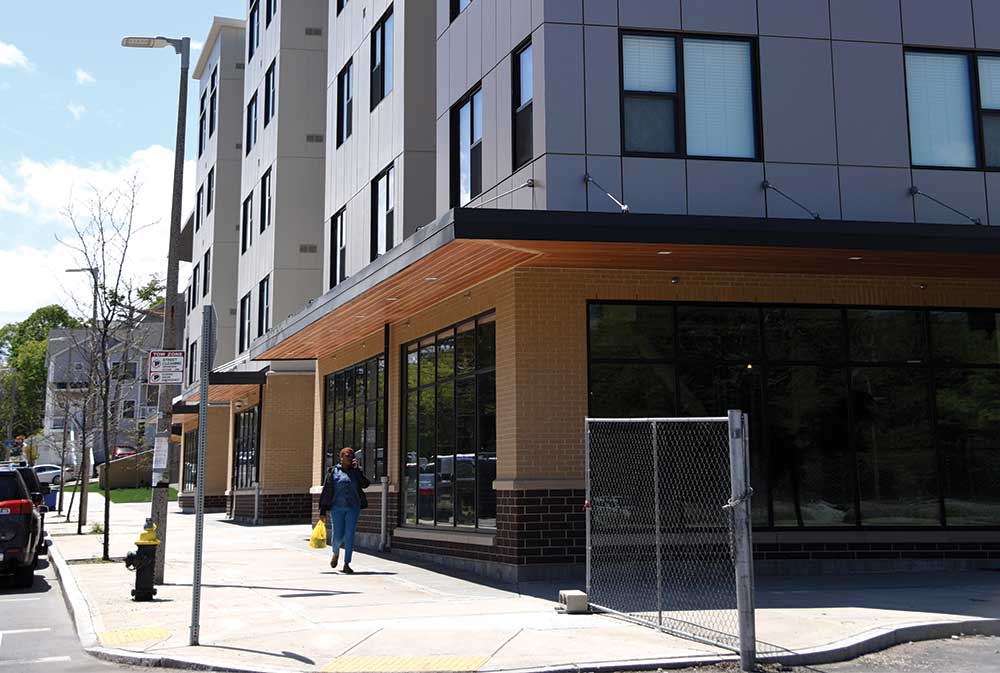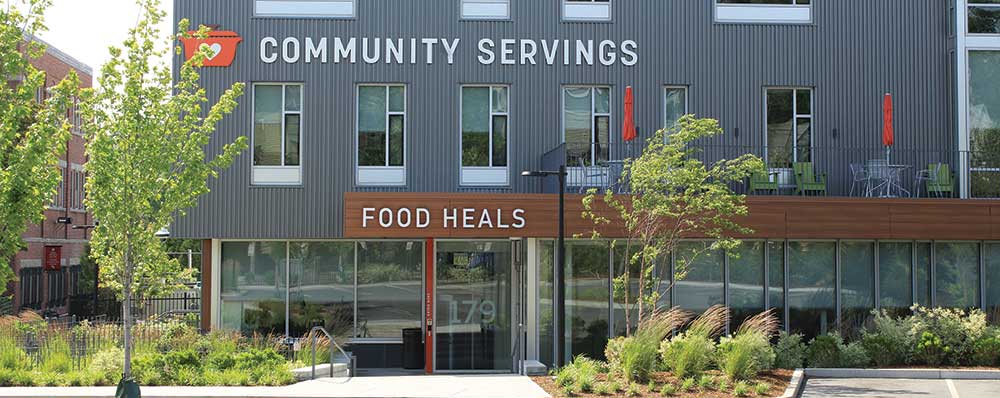Small businesses and entrepreneurs form the backbones of thriving communities, and right now, they’re struggling. This is especially true in the low-income neighborhoods and communities of color hit hardest by the coronavirus pandemic.
COVID-19 laid bare the profound impact that our neighborhoods have on our health. People in low-income communities of color living with higher levels of pollution, overcrowded housing, and other environmental harms were sickened and killed by the virus at much higher rates than people in wealthier, whiter communities.
The conditions that put these communities at such high risk during the pandemic are no accident. Decades of discriminatory lending practices, such as redlining, contributed to economic decline and disinvestment. Far too often, these communities lack access to healthy and affordable food, green space, and quality jobs. “Investing in small businesses that create good jobs and a welcoming environment – and that provide basic goods and services – can go a long way toward building healthier neighborhoods and undoing the suffering inflicted by decades of unjust policies,” says Maggie Super Church, vice president for Healthy and Resilient Communities at CLF.
Shops that sell affordable and nutritious food, gyms, cafes, and cultural facilities all contribute to healthy, livable neighborhoods. “They also create jobs and keep money in the community, while building wealth and contributing to a sense of place and community pride,” says Church.

Unfortunately, these types of small, local businesses are often the least able to secure the necessary funding to start up. And even when they do get off the ground, their owners can struggle to grow sustainable brick-and-mortar enterprises. This lack of funding makes it challenging to find sustainable businesses that both meet community needs and can afford to lease the available spaces in a neighborhood.
Funding is only one of several barriers to success. But providing access to affordable capital is critical to fueling the sustainability of these foundational small businesses and nonprofits in the communities that need them most.
That’s why Conservation Law Foundation and Massachusetts Housing Investment Corporation (MHIC) launched the Healthy Retail and Commerce Fund. The fund provides startup and operating capital to health-promoting enterprises serving low-income communities and communities of color. Providing loans with flexible terms and longer repayment plans breaks down barriers that these small-business owners have faced for far too long.
The Kresge Foundation provided seed capital for the fund, which Boston Medical Center matched. Boston Medical Center has already been funding affordable housing projects to find ways to address root causes of poor health. The Healthy Retail and Commerce Fund provides another way to leverage this kind of mission-oriented capital.

The first set of enterprises is now beginning to receive capital from the Healthy Retail and Commerce Fund:
- A new grocery store and café will increase healthy food access when it opens at Bartlett Station in Roxbury’s Nubian Square (a development supported by CLF’s and MHIC’s inaugural social investment fund, the Healthy Neighborhoods Equity Fund). Nubian Square residents have established local priorities for the food system, including job creation and access to affordable, healthy food for lower-income people. “For the team opening the market, ensuring that the space plays an integral role in meeting those community priorities has been at the core of their vision,” says Church.
- Community Servings has served Jamaica Plain and surrounding communities for 30 years. Its mission: to provide home-delivered, medically tailored, nutritious meals to chronically ill patients and their families. Its programs also include food-service training for those facing barriers to employment. Now, with additional capital, it has expanded its operations to triple its production capacity to 1.5 million prepared meals annually serving 5,550 chronically ill clients – plus more than 9,000 clients through all of its programs.
- Southside Community Land Trust in South Providence makes it possible for low-income people, including many refugees, to grow food for their families and for sale to their neighbors. Capital from the Healthy Retail and Commerce Fund will help the organization open its Healthy Food Hub, a new facility that includes a Farm-to-Market Center, Youth Enterprise Center, commercial kitchen, and program space. The Hub will create 30 jobs and space for three healthy food businesses owned by people of color. It will also expand the organization’s reach to low-income families in Providence, Pawtucket, and Central Falls who are in need of better access to fresh, healthy, and affordable food.
All three of these enterprises provide good jobs and wealth-building opportunities while also lifting up the health of the customers they serve and their neighborhoods as a whole.
As people begin rebuilding after the disruptions of the pandemic, “healthy retail and commerce have the potential to profoundly impact communities right now and over the long haul,” says Church. Businesses that provide healthy food and health-promoting services should be a critical element of build-it-back-better pandemic and economic recovery solutions.
